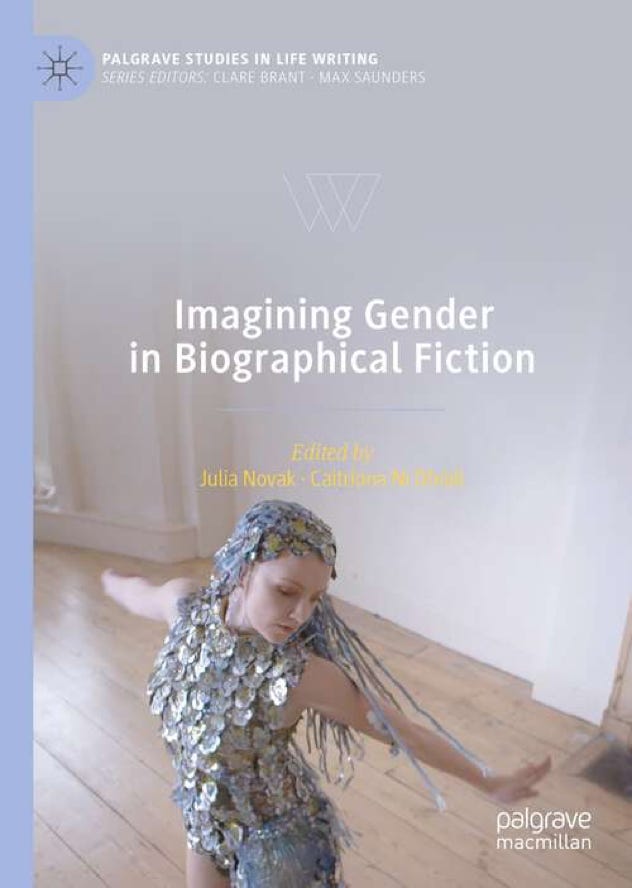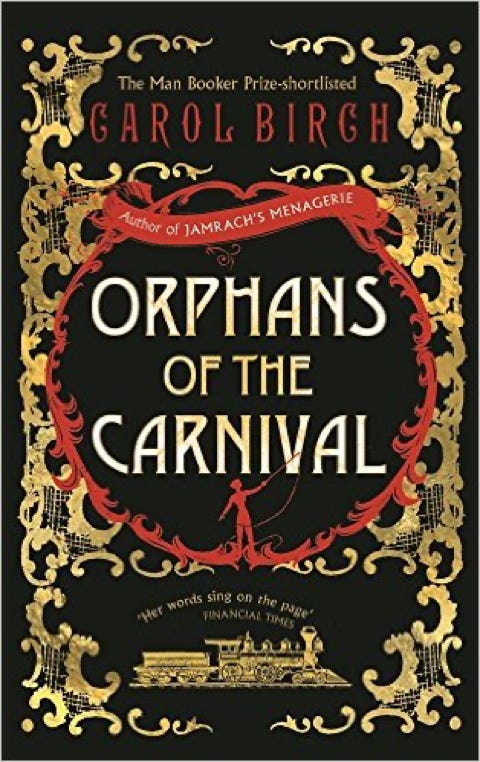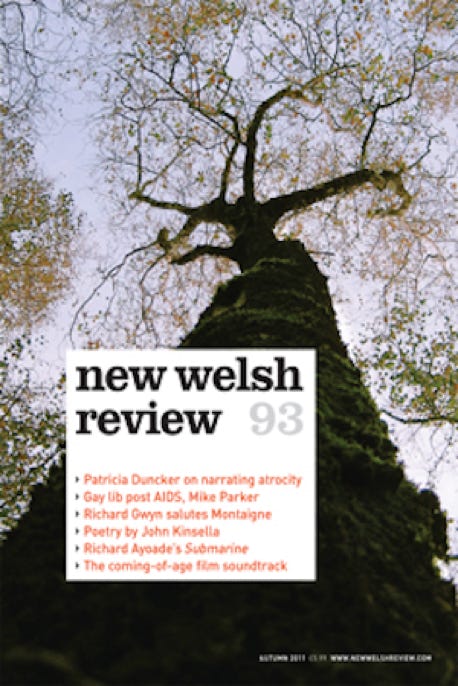The Second Coming of Sarah Montiel
I wrote this story, 'The Second Coming of Sara Montiel', for a Serpent's Tail anthology, Harlot Red (2002), edited by Carole Buchan and Kate Pullinger. This publication represented the Asham Award's third collection of Prize-winning short stories by women. The Asham Literary Trust set up a competition for short stories by women in honour of Asham House, the house in Sussex where Virginia and Leonard Woolf lived. The work by new writers is published alongside specially commissioned stories by established or published writers. These anthologies are a crucial element in the battle to promote short stories by British writers at a time when the outlets for publication are shrinking. Carmen and Pepper, the central characters in 'The Second Coming of Sara Montiel', made their first appearance in my fiction here in 2002, but they both returned for an encore in my 2006 novel, Miss Webster and Chérif. I even toyed with the idea of calling that novel Looking for Carmen, as she is the crucial missing piece of the jigsaw plot in that novel. Carmen and Pepper are both alter egos in my consciousness, which might surprise readers who would not immediately associate me with a Black Jazz singer turned foreign office spy working in the Sahara desert, or a wealthy gay Black music impresario, with his own recording label.
Read 'The Second Coming of Sarah Monteil' (pdf)












